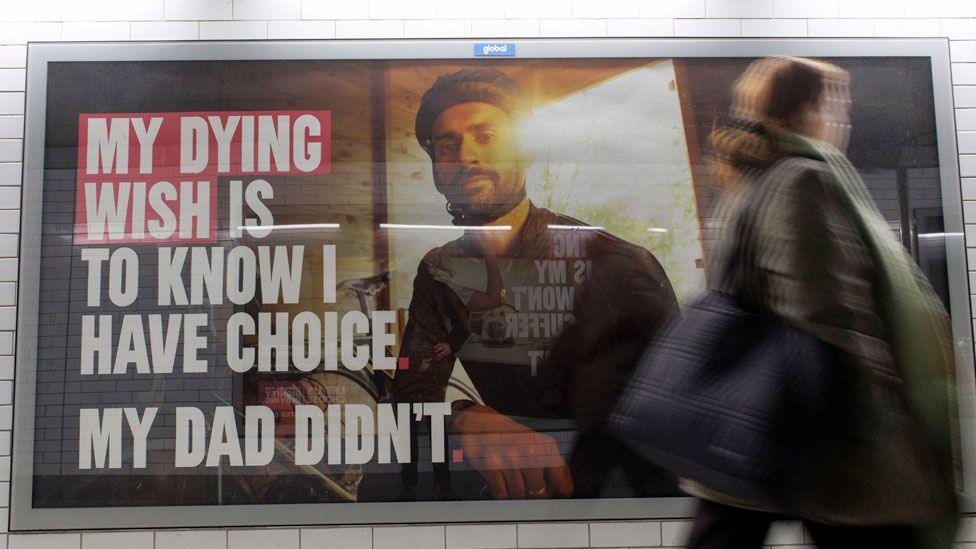McArthur 'confident' MSPs will back assisted dying
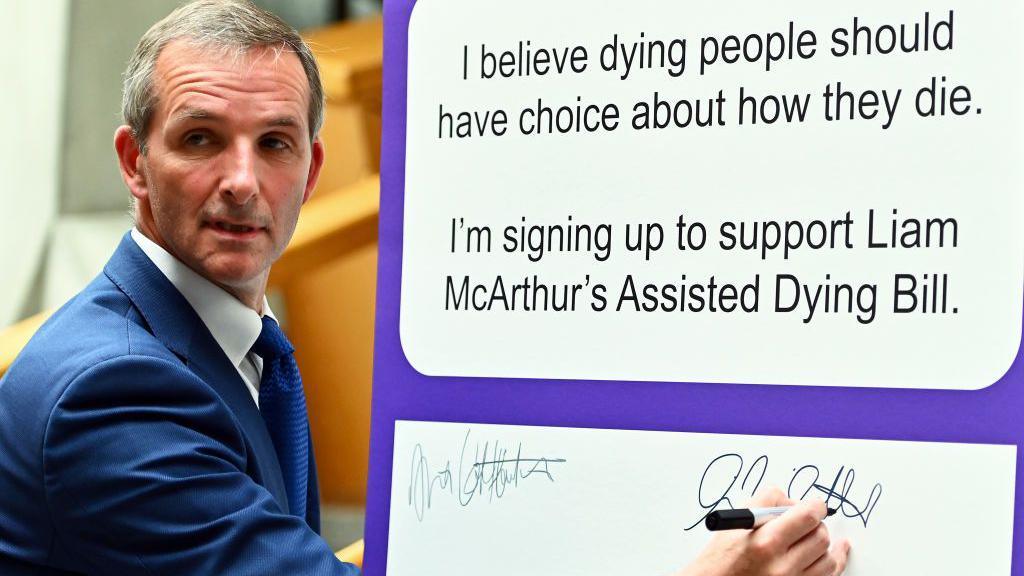
Liam McArthur said the UK vote showed that current laws were not working
- Published
The MSP hoping to make assisted dying legal in Scotland has said he is "confident" colleagues will back his bill, following a historic vote in Westminster.
Liberal Democrat Liam McArthur said the Commons debate had "shown the UK Parliament at its best", with a bill to legalise the measure in England and Wales passing its first stage on Friday.
MSPs are expected to vote on similar Scottish legislation next year.
Scotland's Health Secretary Neil Gray previously said allowing assisted dying was outside Holyrood's powers, though the government was neutral on the issue.
McArthur published his Assisted Dying for Terminally Ill Adults (Scotland) Bill in March.
If passed by MSPs, it would allow a patient to request medical assistance to end their life, but only if they had a terminal illness and had been ruled mentally fit to make the decision by two doctors.
To be eligible, applicants would have to be resident in Scotland for at least 12 months and registered with a GP in Scotland.
The bill that passed its first stage in the UK Parliament, following a passionate debate, was introduced by MP for Spen Valley Kim Leadbeater.
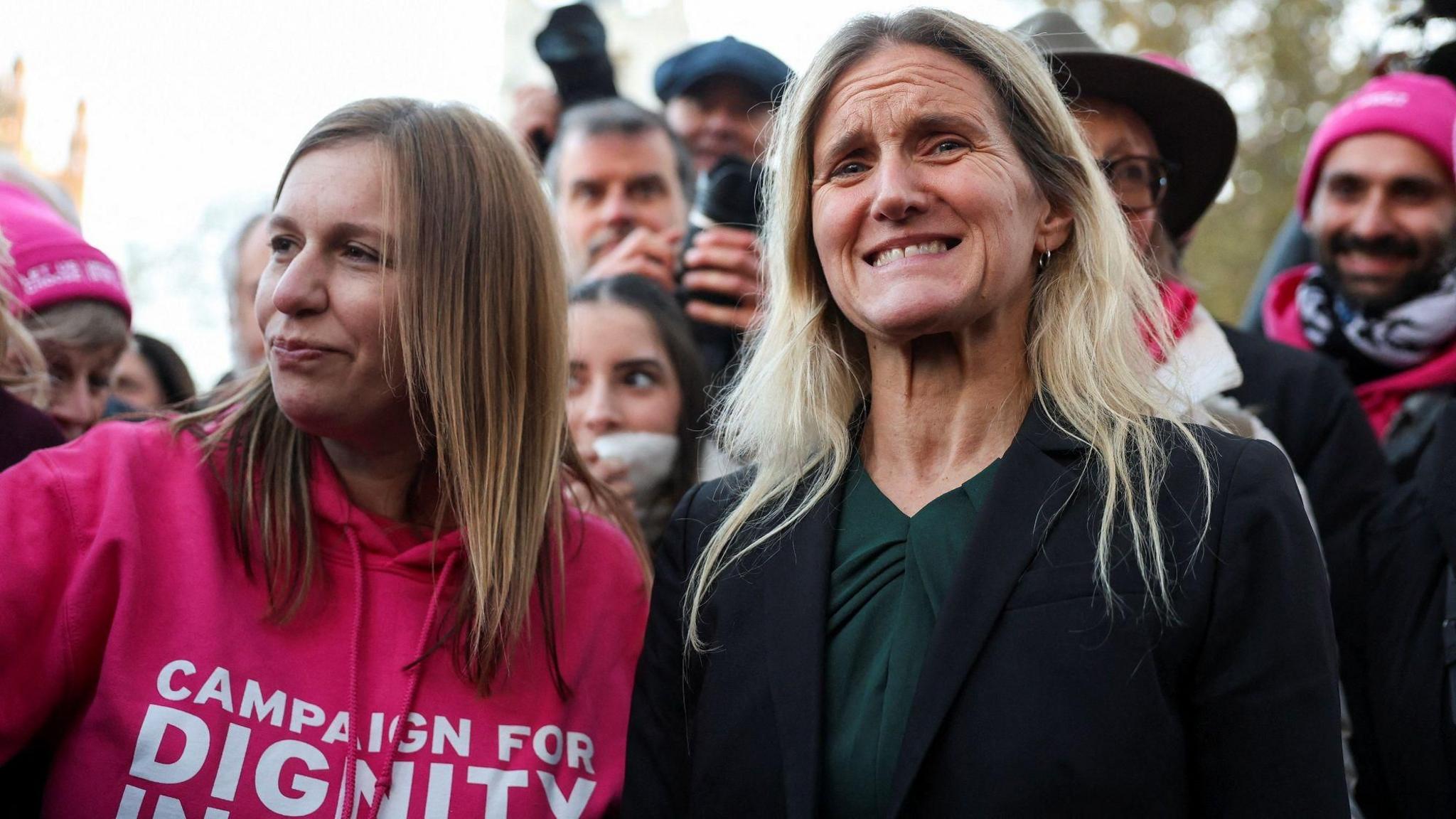
Labour MP Kim Leadbeater, who put forward the bill, joined supporters outside Parliament after the vote
During the debate, MPs heard personal stories of constituents who had died from terminal illnesses in extreme pain - including one man with bile duct cancer, who was not able to be sedated while he vomited faecal matter for hours before he choked and died.
Opponents to the bill called for better end of life care and argued that some people would be "exposed to harm" if it passed.
A total of 29 Scottish MPs voted against the plans, including all the Scottish Conservative group, while 17 voted in favour.
Eleven abstained including nine SNP MPs, while Scottish Secretary Ian Murray and Trade Minister Douglas Alexander were away on government business.
McArthur said the vote showed "clear recognition that the present blanket ban on assisted dying does not work" and that more choice was needed alongside palliative care.
"It is important to note that this is not the end of the process. The bill will now get detailed consideration and everybody is going to have the opportunity to have their say," he said.
"However, it is clear that today’s vote reflects the wishes of the UK public, who overwhelmingly back a change in the law to offer choice and compassion.
"I am confident that MSPs in the Scottish Parliament will do the same when they vote at Stage 1 on my Assisted Dying for Terminally Ill Adults (Scotland) Bill."
Like Westminster, Scotland will hold a free vote on assisted dying - which means MSPs will not be instructed on how to vote by their parties.
Politicians including former First Minister Humza Yousaf and Labour MSP Pam Duncan-Glancy have indicated they would vote against it.
It is also opposed by the Church of Scotland, the Catholic Church in Scotland, and the Scottish Association of Mosques.
Bishop John Keenan, the Bishop of Paisley and president of the Bishops’ Conference of Scotland said it was a "sad day" for the sick, vulnerable and disabled people in society.
He said: "Today’s vote strikes a blow against the foundational principle of medicine 'do no harm'.
"Since parliamentarians have voted to create a category of people that the state will help to commit suicide, doctors will now be invited to help their patients to kill themselves."
Bishop Keenan also claimed laws introduced around the world have been "rapidly and dangerously expanded.
The US state of Oregon's laws have remained restricted to terminally ill adults since their introduction in 1997 - though a residency requirement has been lifted.
Canada however is often cited as an example of the so-called "slippery slope" - a place where assisted dying has been extended and made available to more people, including those with disabilities, since it was introduced in 2016.
Related topics
- Published1 October 2024
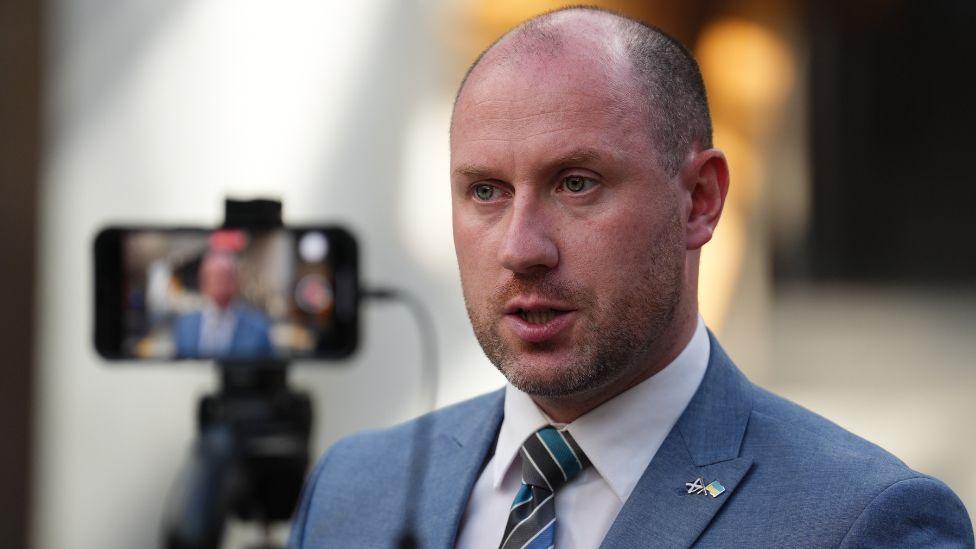
- Published28 March 2024
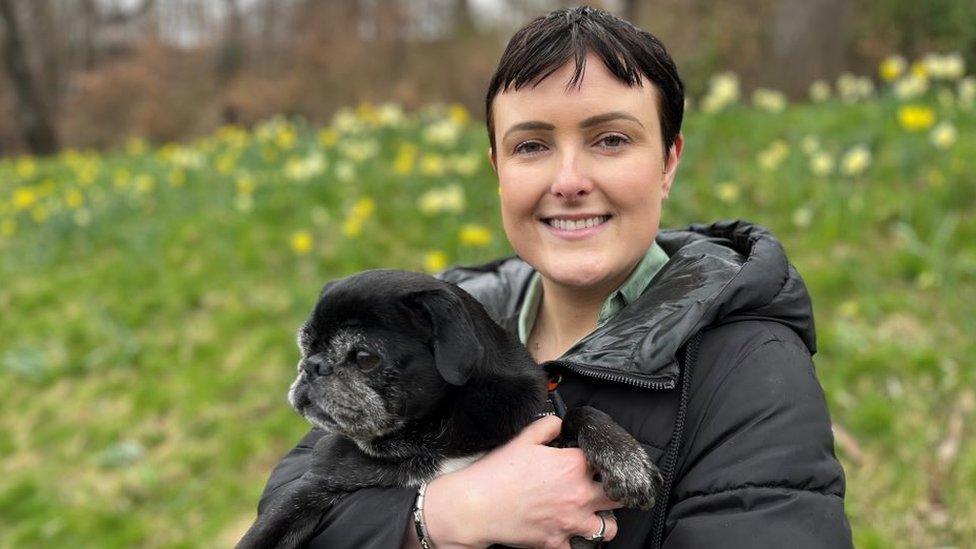
- Published29 November 2024
